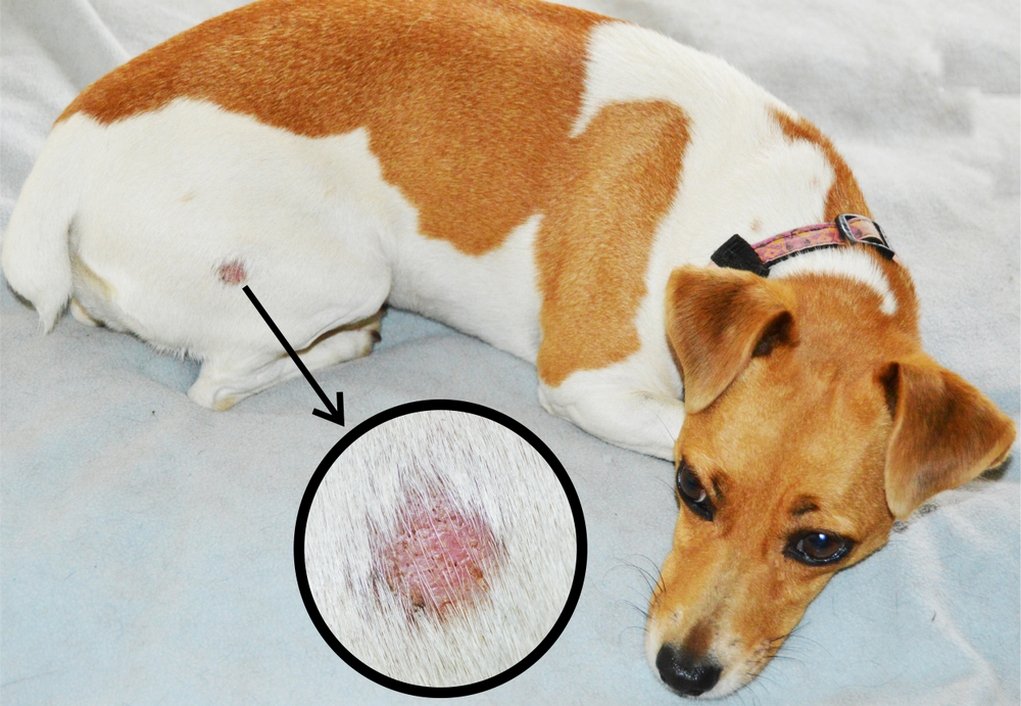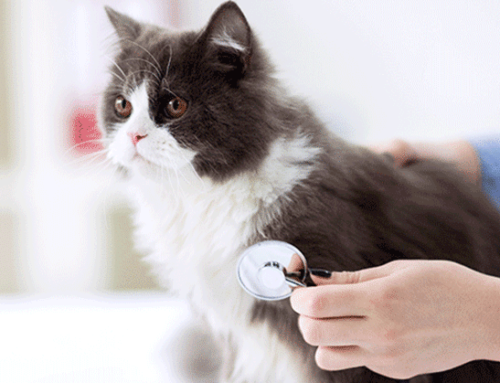Unlike the famous saying, “If you like it then you should have put a ring on it”, this ring(worm) is not something one would want to put on their body.
Contrary to belief, the term ringworm has nothing to do with worms at all; in fact, it is a highly contagious fungal infection of the skin.
Ringworm is a very common fungal infection in puppies and kittens that is caused by two fungus species: Microsporum sp. and Trichophyton sp. Not only is ringworm contagious, but it is also zoonotic too. What zoonotic means is that this infection can be given to humans as well. As such, recognizing the symptoms early and taking the necessary precautions will reduce the rate of transmission and protect all individuals.
The reason why ringworms spread so easily is before this fungus releases spores that are located on the skin and the hair of the infected individual. The spores then continue to live in the environment for a long period of time and stay infectious. If any non-infected individual, be it an animal or human, touches the spores in the environment or on the infected individuals; the spores will then infect the non-infected. Thus, it is important to isolate the infected individual to prevent the spread of ringworm.
The reason why this fungal infection is called ringworm is due to its appearance on the skin. The most common sign of this infection is circular areas of hair loss, where it predominantly is found on the ears and the face of the animal. The hair around these areas become brittle and fall off really easily. The bare areas then become scaly and may grow in size over time if left untreated. For symptoms in humans, they are pretty similar to those in animals. When infected, small red bumps will appear on the arms, legs, chest and neck of the human. The bumps may be itchy and bleed if kept in a warm and moist environment over a long period of time. Thus when signs of these symptoms appear, it is crucial to not scratch and spread these lesions to oneself and to other individuals.
The treatment for ringworm in animals is pretty rigorous. The infected animal will need to be isolated in a room, where the room is then cleaned at least once a week to prevent spores from living in the environment. The animal itself needs to be bathed with antifungal shampoo every other day to make sure no more spores are on the hair and skin. Clothes that are worn in the room to bathe the animal must be contained in a container and washed separately from other soiled clothes. Antifungal cream and antibiotics may be given to the animal if the infection continues to spread and the situation becomes worse.
For treatment in humans, over the counter antifungal cream on the lesions would get rid of the infection within 10 – 14 days. The human should also self isolate themselves as much as possible and reduce any contact they have with other individuals. Clothing and bedsheets should be washed separately and every day if possible. If the infection is ongoing after 14 days, antibiotics and stronger antifungal cream may be needed for the infected individual.
Since ringworm is highly contagious, it is imperative to understand the symptoms and take the necessary precautions to prevent the spread of this fungal disease. While this disease is normally not life-threatening, the contagious nature and the effort it takes to recover causes many owners to want to pull their hair out!






